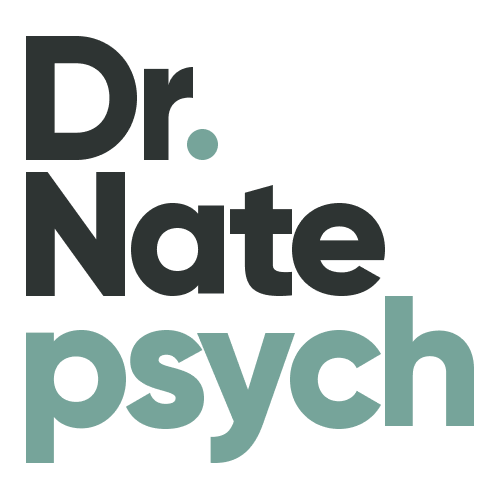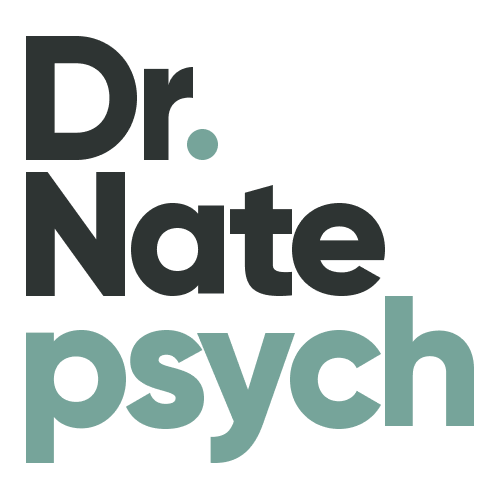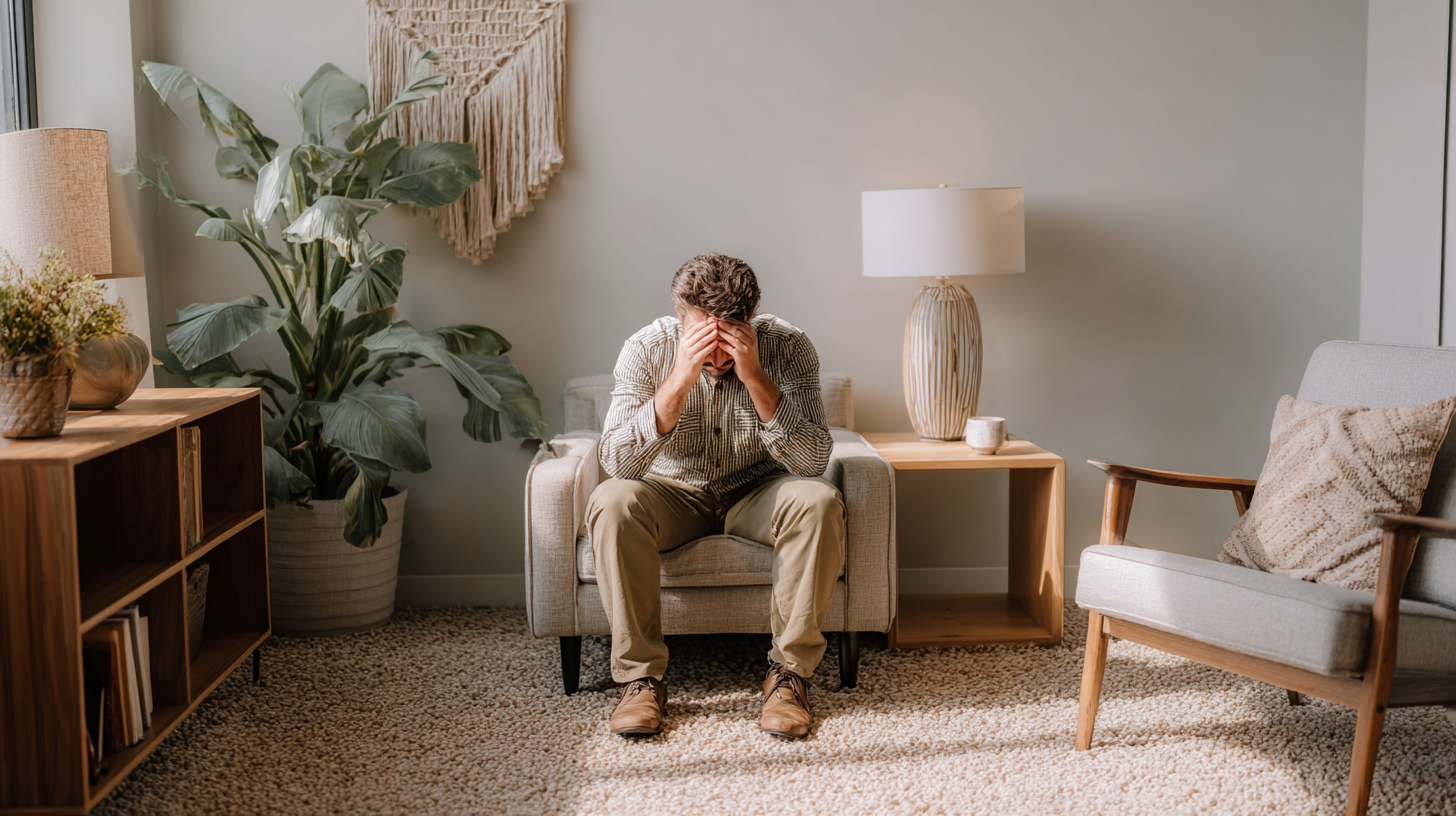Therapy for Anxiety
When anxiety takes hold, even simple moments can start to feel heavy. Constant worry, racing thoughts, and tension in your body can leave you feeling exhausted or trapped in your own head. You might find yourself avoiding situations, struggling to focus, or feeling on edge without knowing why. Anxiety can make life feel smaller, but it doesn’t have to stay that way.
Through evidence-based therapy grounded in compassion and collaboration, we help children, teens, and adults manage anxiety and build the tools to move forward with clarity and ease.
Based in San Clemente, California, Dr. Nate Psych offers a warm, supportive space where you can slow down, feel understood, and begin to regain balance. Sessions are available
in person for clients throughout Orange County and
virtually for clients anywhere in California, giving you flexible access to the care and connection you need.
What is Anxiety and How It Can Impact Our Lives
Anxiety is a natural response to stress, but when it becomes constant or overwhelming, it can start to interfere with daily life. It may appear as persistent worry, restlessness, or a sense of unease that feels difficult to explain. For some people, anxiety brings a racing heart or muscle tension that never seems to ease. For others, it shows up as avoidance, overthinking, or trouble finding calm even in quiet moments.
Anxiety can influence the way you think, feel, and function. It can disrupt sleep, concentration, and relationships, making it harder to enjoy the moments that once felt easy. Over time it can also affect your physical health, leaving you tired and disconnected. Understanding what anxiety looks like and how it works is the first step toward finding lasting relief.
When to Seek Help for Anxiety
It’s normal to feel anxious at times, but when those feelings start to take over, it may be time to reach out for support. If anxiety keeps you from sleeping, concentrating, or engaging in work, school, or relationships, therapy can help. You might notice that your mind races even when things are going well, or that you avoid certain people or places because of worry or fear. When anxiety begins to shape your choices or limit your daily life, it’s a sign that professional guidance could make a difference.
Seeking help does not mean something is wrong with you. It means you are ready to feel more grounded and in control. With the right tools and support, you can learn to manage anxious thoughts, reduce physical tension, and approach each day with more calm and confidence.
Types of Anxiety Disorders
Anxiety can take many forms, and understanding which type you are experiencing can guide treatment. Some of the most common include:
Generalized Anxiety Disorder (GAD)
Characterized by ongoing worry about daily life events, even when there is little reason for concern. People with GAD often describe feeling tense or on edge most of the time.
Social Anxiety Disorder
Marked by an intense fear of judgment or embarrassment in social situations, leading to avoidance of gatherings, public speaking, or even casual conversations.
Panic Disorder
Involves sudden, intense surges of fear known as panic attacks, which can cause shortness of breath, chest pain, dizziness, and a sense of losing control.
Specific Phobias
An excessive fear of a specific object or situation, such as flying, heights, or certain animals, that can lead to avoidance and distress.
Obsessive-Compulsive Disorder (OCD)
Involves intrusive, repetitive thoughts and behaviors that are difficult to control, often aimed at reducing anxiety or preventing perceived harm.
Post-Traumatic Stress Disorder (PTSD)
Develops after experiencing or witnessing a traumatic event, leading to flashbacks, hypervigilance, or avoidance of reminders of the trauma.
Each person’s experience with anxiety is unique. Therapy focuses on understanding how anxiety shows up for you and helping you build practical skills to manage it effectively.
How Therapy Can Help
Therapy offers a safe space to understand anxiety and learn how to manage it in a healthy way. The process focuses on helping you identify patterns of thought and behavior that keep anxiety in place and finding strategies that bring relief. With professional support, you can begin to shift from reacting to anxiety toward responding with awareness and confidence.
At Dr. Nate Psych, treatment for anxiety is collaborative and grounded in evidence-based methods. Depending on your needs, sessions may include cognitive behavioral therapy to challenge negative thought patterns, dynamically-informed approaches, mindfulness practices to calm the body, and skill-building techniques that help you manage anxiety in real-life situations. Over time, therapy can reduce physical tension, improve emotional balance, and strengthen your ability to handle stress without feeling overwhelmed.
The goal is not to eliminate anxiety completely but to help you gain control over it so that it no longer controls you. Through consistent work and compassionate guidance, you can create lasting change and begin to feel more at ease in your daily life.
Frequently Asked Questions About Therapy for Anxiety
Take the First Step
Reaching out for help takes courage, and it’s often the first step toward feeling better. You don’t have to face anxiety alone. Therapy offers a space to slow down, talk openly, and begin to understand what’s been holding you back. Taking that first step can bring relief and a sense of hope that things can improve.
If you’re ready to begin, we’re here to listen, support, and guide you toward a calmer, more grounded way of living.





